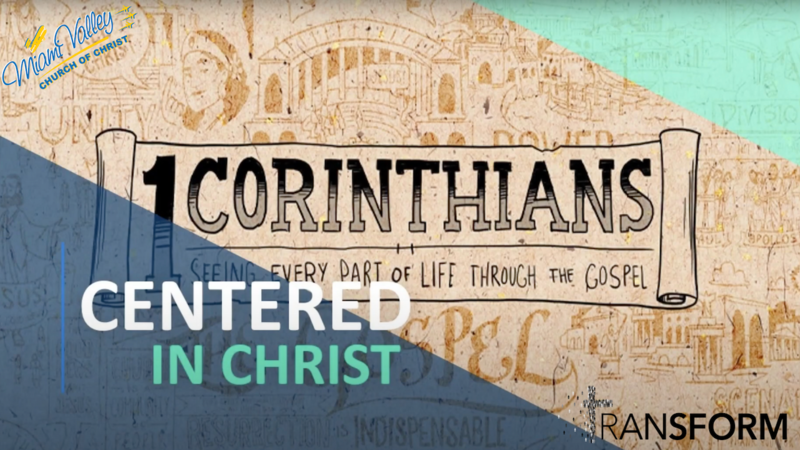
“When Our Rights Become Wrongs” notes by Glen Kowal
1 Corinthians 8 — Learning to Put Love Over Liberty
Background:
- The early church in Corinth was diverse — Jews, Gentiles, rich, poor, former idol worshipers, all trying to follow Jesus together.
- That diversity created tension — differences in food, culture, worship, and conscience.
- The question of meat sacrificed to idols exposed something deeper:
- Were they using their freedom to build others up, or to please themselves?
Main Theme (v.7–12):
- Paul reminds them that knowledge puffs up, but love builds up.
- You may have the “right” to eat, but that right becomes wrong if it hurts someone’s faith.
- Christian maturity is shown not in what you can do, but in what you’re willing to give up for the sake of others.
- Freedom is not for self — it’s for service.
Key Verse (v.13):“Therefore, if what I eat causes my brother or sister to fall into sin, I will never eat meat again, so that I will not cause them to fall.”
Paul says, “I will adjust for their sake.”
That’s a heart of love — willing to sacrifice comfort or preference to protect another believer’s walk.
Modern Application:
- The same principle applies today in our church family.
- We have many backgrounds, habits, and opinions — but one faith and one Savior.
- It’s easier when everyone thinks like us, but that’s not God’s plan.
- God’s church is meant to be diverse — and unified by love.
- Sometimes, we roll our eyes at others who show up late, do less, or think differently. But Paul calls us to adjust, not judge.
- Like Paul, we must be willing to say:“I’ll do what’s uncomfortable — give rides, serve where needed, even be late — if it helps someone else feel God’s love.”
- True discipleship means being “all things to all people” (1 Cor 9:22) — not by pretending, but by caring enough to meet people where they are.
- When we live like this, we start to reflect Romans 12 —“Be devoted to one another in love. Honor one another above yourselves.”
Takeaway:
- Be more like Jesus, and less of who I want to be.
- A church that chooses compassion over convenience becomes a Christlike church.
- A family of believers who adjust for one another will always find unity in the Spirit.
Reflection Questions to Grow a Christ-Centered Heart:
- Where might my “rights” be hurting someone else’s faith?
(How can I use freedom to serve instead of demand my way?) - When was the last time I adjusted my plans for someone else’s good?
(Did I do it with joy or reluctance?) - Am I willing to do what I don’t want to do — to help, to serve, to listen — for the sake of the gospel?
- Do I look more like Jesus in how I treat people who are different from me?
- What would our church look like if everyone loved like Jesus instead of like me.
